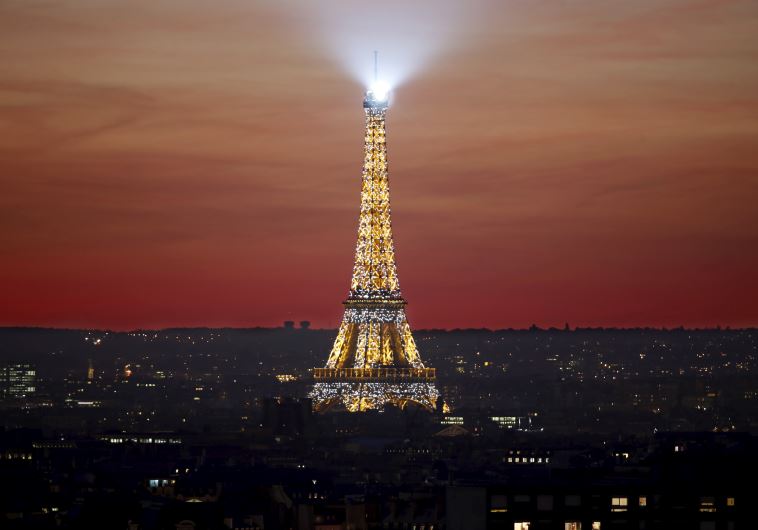#Prayforparis: Standing in solidarity with France, one tweet at a time
From French-flag inspired Facebook profiles to #muslimsarenotterrorists push-back on Twitter, response to Paris attacks overtook social media.
 The Eiffel Tower is seen at sunset in Paris
The Eiffel Tower is seen at sunset in Paris